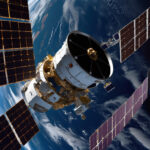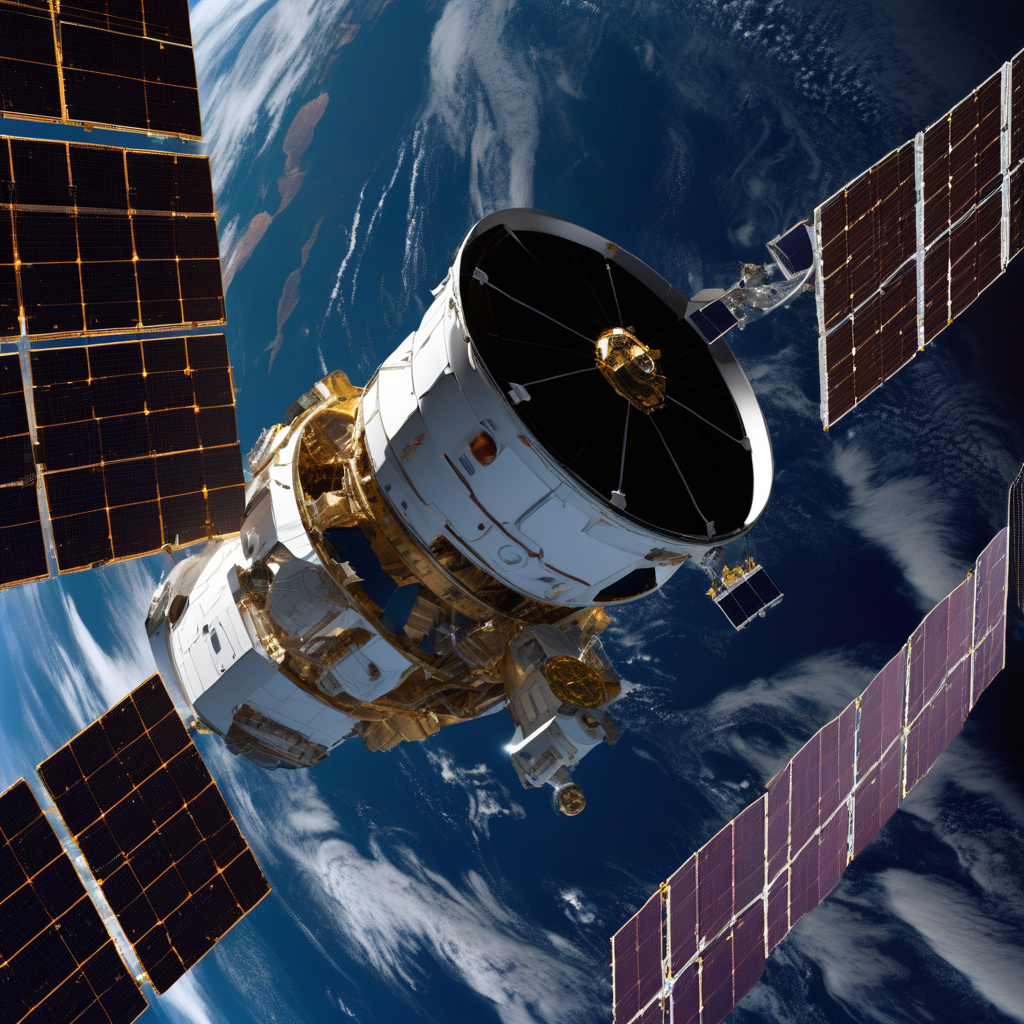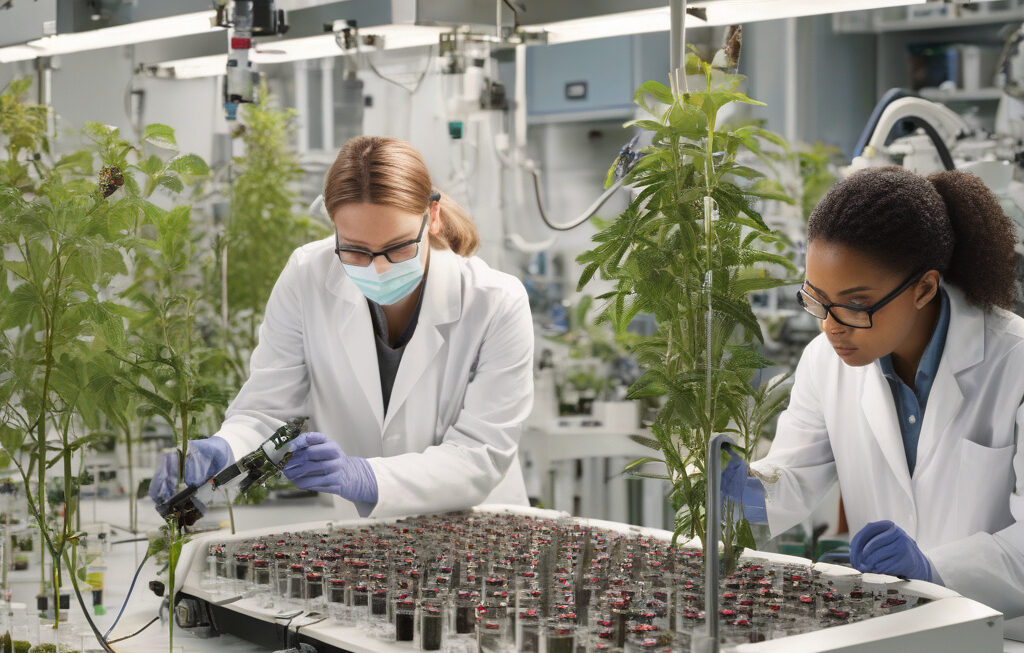China’s Satellite Tracking Ocean Salinity and Soil Moisture Passes In-Orbit Test
China has achieved another milestone in marine science. Its first satellite dedicated to ocean salinity and soil moisture has successfully passed its in-orbit test. This groundbreaking achievement signifies a significant leap forward in China’s capabilities to monitor and understand the Earth’s oceans and land surfaces.
The satellite, equipped with advanced technology, is designed to measure the salinity of the oceans and the moisture content of the soil with remarkable precision. By accurately tracking these key environmental indicators, scientists can gain valuable insights into climate patterns, ocean circulation, and agricultural productivity.
One of the primary objectives of the satellite is to enhance our understanding of the Earth’s water cycle. By monitoring changes in ocean salinity and soil moisture levels over time, researchers can better predict droughts, floods, and other extreme weather events. This information is crucial for policymakers, farmers, and coastal communities to mitigate the impacts of climate change and make informed decisions about water resource management.
Moreover, the data collected by the satellite will contribute to ongoing research efforts aimed at improving weather forecasting models. By incorporating real-time information on ocean salinity and soil moisture into these models, meteorologists can enhance the accuracy of their predictions, ultimately benefiting a wide range of industries, from agriculture to transportation.
In addition to its scientific significance, China’s new satellite represents a testament to the country’s growing prowess in space technology. The successful completion of the in-orbit test underscores China’s commitment to innovation and its dedication to advancing our understanding of the natural world.
Looking ahead, the data gathered by the satellite is expected to yield valuable insights that will not only deepen our knowledge of the Earth’s systems but also inform strategies for sustainable development. By harnessing the power of space technology to monitor our planet’s vital signs, we can work towards a more resilient and prosperous future for all.
In conclusion, China’s satellite dedicated to tracking ocean salinity and soil moisture has passed its in-orbit test, marking a significant milestone in the field of marine science. With its advanced capabilities and potential applications, this satellite is poised to revolutionize our ability to monitor and manage the Earth’s water resources effectively. As we continue to unlock the secrets of our planet from above, we move one step closer to a more sustainable and thriving world for generations to come.
#China, #SatelliteTechnology, #OceanSalinity, #SoilMoisture, #EnvironmentalScience











